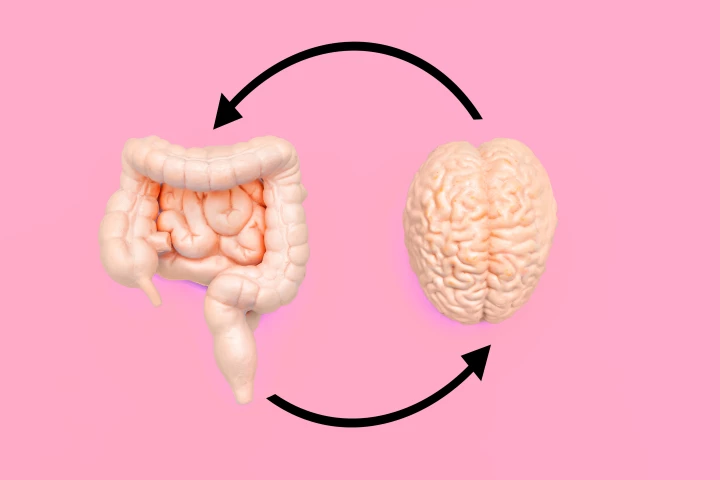Obesity
-
Alternating between a calorie-restricted plan and one high in fat and sugar, resulting in weight gain, is not just down to psychology and behavior. This kind of weight-loss-gain cycle – yo-yo dieting – has a surprising biological driver: The gut.
-
A new drug from pharma company Amgen shows promise as a powerful treatment for obesity. With just a once-monthly shot of 'MariTide,' participants in the study lost as much as 16% of their body weight over the course of a year.
-
Over the weekend, Novo Nordisk dropped a pile of scientific data on three new experimental weight-loss drugs, including an oral one, showing what appears to be a strategic "something for everyone" plan of attack from the pharmaceutical giant.
-
A novel weight loss drug in the same class as semaglutide has successfully met its targets in the largest clinical trial yet, with nearly 90% of participants losing at least 5% of their body weight. The results strengthen its case for FDA approval.
-
Eating a Western diet permanently affects insulin production and blood sugar control even after the diet is changed and weight is lost. The new research suggests that early intervention is needed to prevent permanent damage from diet-related obesity.
-
A small daily dose of kombucha made from black tea has been shown to meaningfully reshape the gut microbiome in adults – particularly those with obesity – without any dietary changes. It also reveals a lot about the importance of micro-biodiversity.
-
Consuming too much of the dominant fatty acid in olive oil may drive the production of fat cells, creating conditions that could lead to storing more fat long-term. Until now, weight gain has been largely attributed to the calorie content of such fats.
-
A new study has found that diet-driven weight gain triggers impaired cognitive functioning an symptoms of anxiety, adding to the growing body of evidence that there's an intrinsic biological link between our gut health and our mental health.
-
The first clinical trial comparing semaglutide and tirzepatide, two popular, injectable weight-loss drugs, has been published, examining their ability to reduce weight and waist circumference. And one clearly comes out on top.
-
Following on from a remarkable study in mice, scientists have now confirmed that silencing a certain protein in muscle tissue leads to energy-deprived human cells seeking out fat for fuel, while blocking the body's ability to store extra fat cells.
-
The first once-daily oral GLP-1 medication could be on shelves by this time next year, making the weight-loss drug easier to take and potentially cheaper. In the race to be the first, Novo Nordisk has scored a huge win, while Pfizer has failed again.
-
If you're among the half of US adults who have tried to lose weight in the last year, you'll know how enthusiasm wanes when you hit the inevitable "plateau." New research shows that this is an adjustment period, and long-term success is over the hill.
Load More











